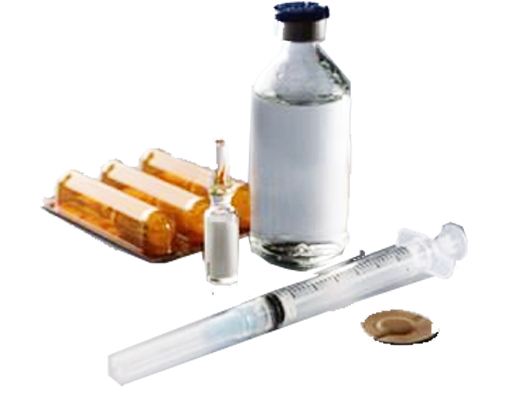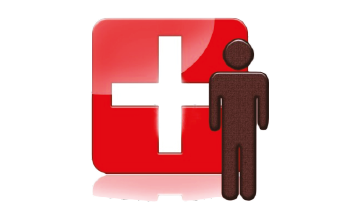East Africa’s Leading Allergists
Mail Us
info@theallergyclinic.co.ke
Call Us
(+254) 0716 956 173
Clinic Hours
Mon - Fri: 9:00AM - 5:00PM
Sat: 9:00AM - 1:00PM
Come See Us
The Allergy Clinic, 1st Floor,
Upperhill Medical Center, Ralphe Bunche Road



